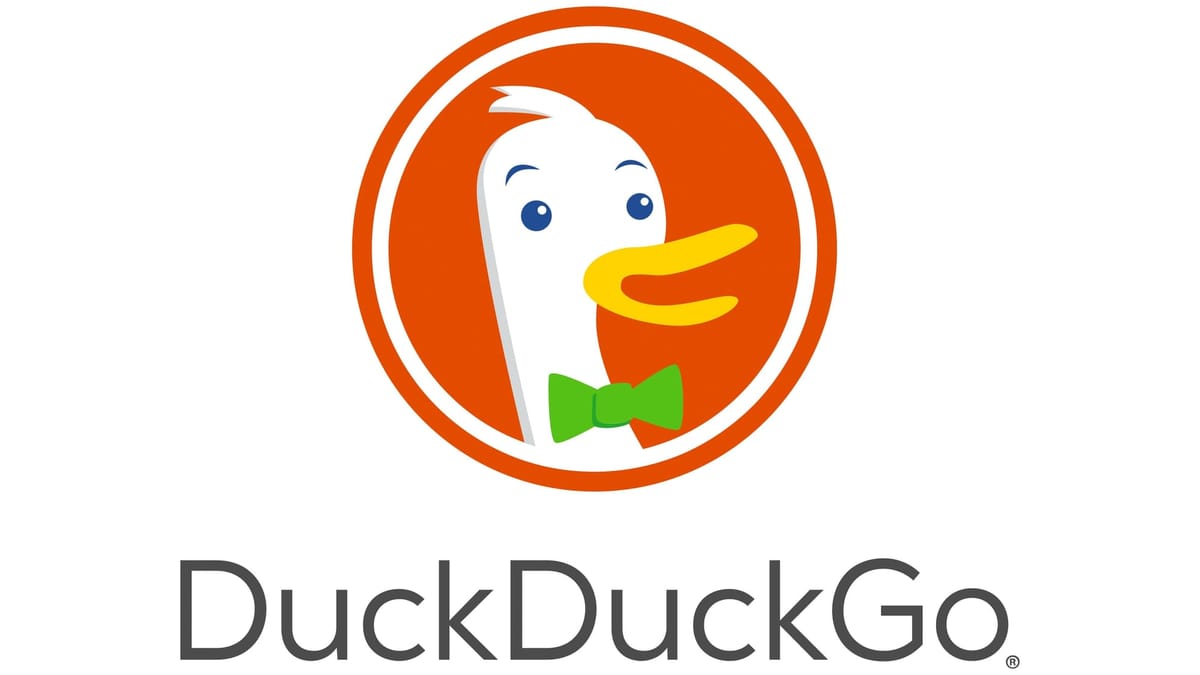Your Privacy Notebook Isn't Just For Sharing Your Deepest, Darkest Secrets
In this week's episode of Stupid Sexy Privacy, we talk about what goes inside your privacy notebook. You got yourself one of those, right?

Hi! Welcome to another edition of our educational — and hopefully funny — podcast miniseries about how to protect yourself from fascists and weirdos.
It's called Stupid Sexy Privacy, and it's available on Apple Podcasts, Spotify, and where all good podcasts can be found. You can also listen to today's episode right here:
If you are a subscriber to StupidSexyPrivacy.com — it costs you nothing to sign-up! — you will be able to access the full transcript for today's episode.
We do this to keep bots and other AI related data scrapers from stealing our content.
Last week, I used the original show notes format from 2022, which was kind of long for an email.
So, this week I'm going to try a shorter format.
If you're a subscriber, you can email us and let me know which you prefer.
In This Week’s Episode ...
-This week’s episode also has a brand new interview, recorded in August of 2025, with Tracy Chou, CEO and Founder of Block Party. A tool we recently wrote about and recommend that everyone uses.
This is Part 1 of 2. So you'll hear the second half of our interview with Tracy in next week's episode.
-I put in this interview with Tracy because I felt uncomfortable with the original book excerpt that ran with Episode 2, back in 2022.
As you'll hear me say in today's show, my first book on privacy came out in 2017. Looking back on it now, there are definitely things I was wrong about. To paraphrase Abraham Lincoln, whenever you're wrong, you should quickly admit it, abandon the old facts, and eagerly embrace the new ones.
-This episode talks about how you should take some time at the end of every month to update your software. Especially if you have any Internet connected devices in your home. We still recommend doing that, but we’ve since built on that suggestion. Every 90 days, we encourage you to take a Zero Day for yourself. You can learn more about how to do that here.
-In last week’s episode, we talked about why you should get a privacy notebook. This week, we talk about what goes inside that Privacy Notebook.
Here's our general rule: If you have an Internet-connected device in your home, like a Router, or a humidifier, those passwords should be kept offline and inside your privacy notebook.
The bottom line is that most of these Internet-connected devices are too easy to hack.
Here's the example we always share, because of how insane it is.
Most other passwords can safely go inside your Password Manager.
Your mileage may vary. If it's a really sensitive account, like your bank, or a Social Security Administration login, you may want to keep that offline too.
The key, for this week's episode, is that a lot of Internet-connected devices are too easy to hack. So if it's not your laptop or phone, and it's connected to the Internet, keep those passwords offline for maximum security.
You also want to keep a list of these devices in your Privacy notebook. This way, at the end of every month, you can set aside an hour to check each of them to make sure their software is up to date.
Ideally, you won't have too many of these to check. The more connected you are, the less safe you are from fascists and weirdos, but in 2025, it's hard to find something that isn't connected to the Internet.
Do the best you can. Forgive yourself for the things you can't.
Support The Show (No Affiliate Links.)
Get Your Privacy Notebook: Get your Leuchtturm1917 notebook here.
Recommended Password Managers:
-BitWarden.com (easier to use, costs money)
- KeepPassXC (free, harder to use, but more secure)
Our Sponsor: DuckDuckGo
Get In Touch: Contact The Show Here
SFX for this week’s episode were provided by:
- Struggle between two people.aif by jsburgh -- https://freesound.org/s/235681/ License: Attribution 4.0
- SFX for the Ring Bell Provided by ZapSpalt





